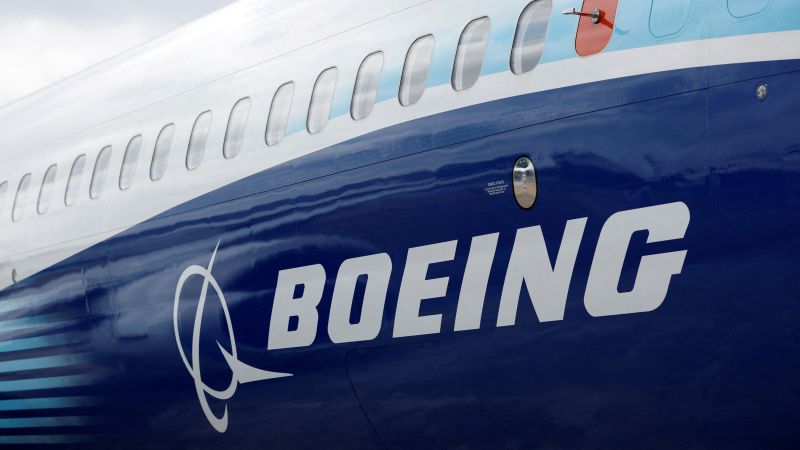Boeing’s CEO, Kelly Ortberg, informed employees that the company plans to cut 10% of its total staff in the coming months due to the difficult business position and challenges it is facing. The troubled aircraft maker has been struggling for years, with losses exceeding $33 billion in the past five years, safety lapses, increased scrutiny from regulators, and a strike by 33,000 hourly workers. Ortberg emphasized the need for tough decisions and structural changes to ensure long-term competitiveness and customer satisfaction.
The announcement of the layoff did not provide specific numbers, but as of the beginning of the year, Boeing had 171,000 employees worldwide, with 147,000 in the United States. Boeing has faced severe problems in the past five years, including fatal crashes of its 737 Max plane, massive losses during the pandemic, safety issues like a door plug incident, and operational problems with its space and defense business. Ortberg emphasized the need to focus resources and make tough decisions to avoid underperformance and underinvestment.
The company had already implemented rolling unpaid furloughs for nonunion employees during the strike by the International Association of Machinists union (IAM) in an attempt to save cash. The strike, costing Boeing about $1 billion a month, has halted most commercial plane production. Despite Boeing’s financial struggles, it had offered IAM members significant raises, which were rejected by rank-and-file members who voted to go on strike. The union members are also upset about Boeing demanding the loss of pension plans a decade ago.
Boeing’s financial problems have led to a spike in debt and the potential for a credit rating downgrade to junk bond status, marking a significant loss in the company’s financial stability. The strike and financial losses have put immense pressure on the company, which is facing growing challenges to maintain its standing in the aviation industry. Despite the difficulties, Boeing remains a critical player in the market with Airbus as its primary competitor, although Airbus lacks the capacity to fulfill Boeing’s orders, providing some commercial stability for the company.
In response to its financial challenges, Boeing is making significant cuts to its programs, including the discontinuation of the 767 jet and further delays in the development of the 777X passenger plane. The challenges facing Boeing are significant, and tough decisions are needed to ensure the company’s future competitiveness and sustainability in the aviation industry. The upcoming layoffs are expected to impact thousands of employees, marking a significant restructuring effort to navigate the company through its current challenges and position it for future recovery.


